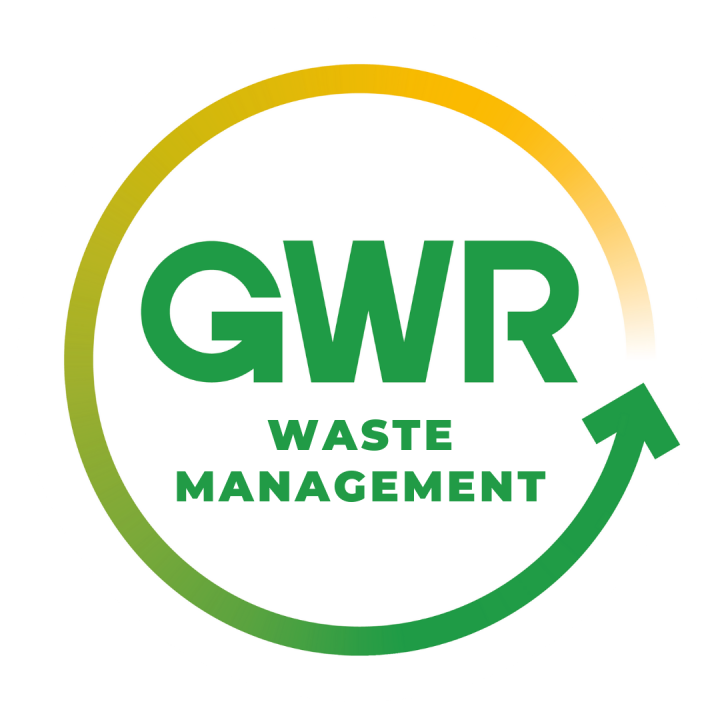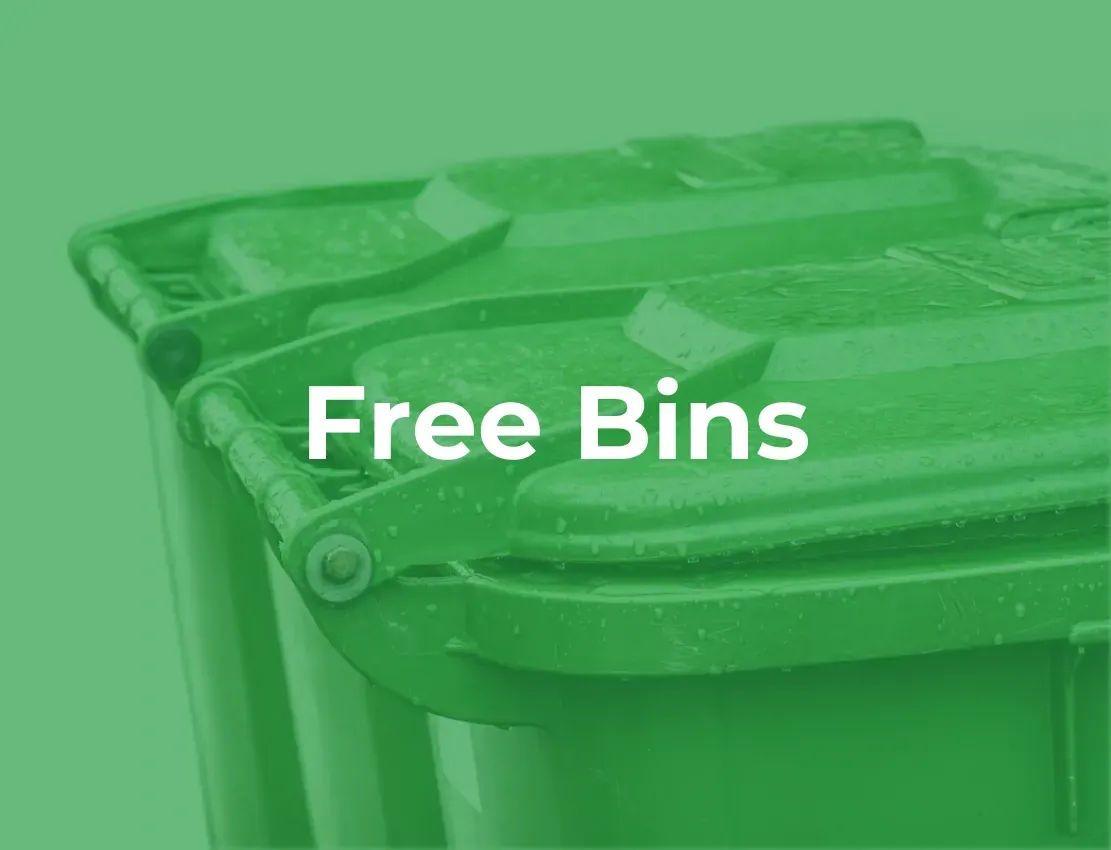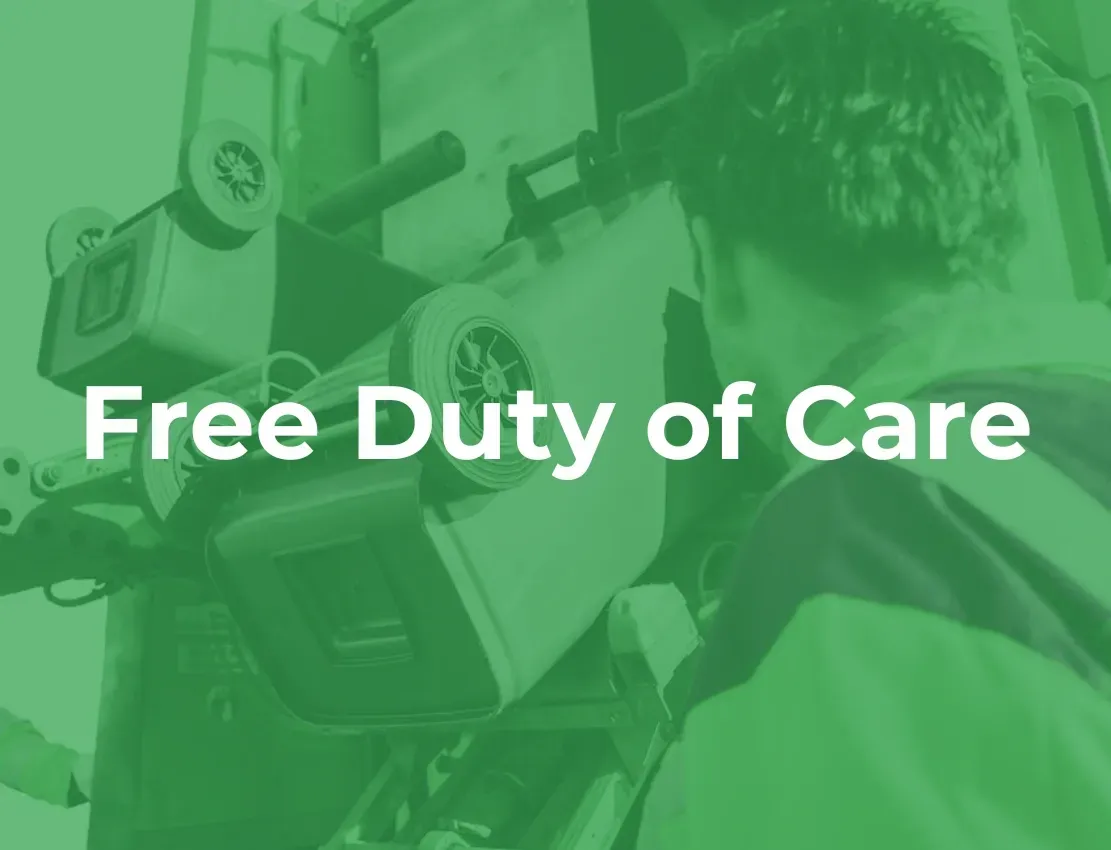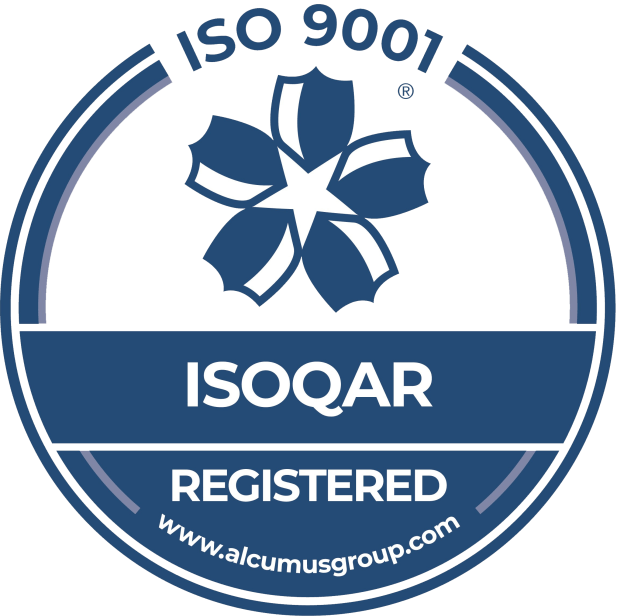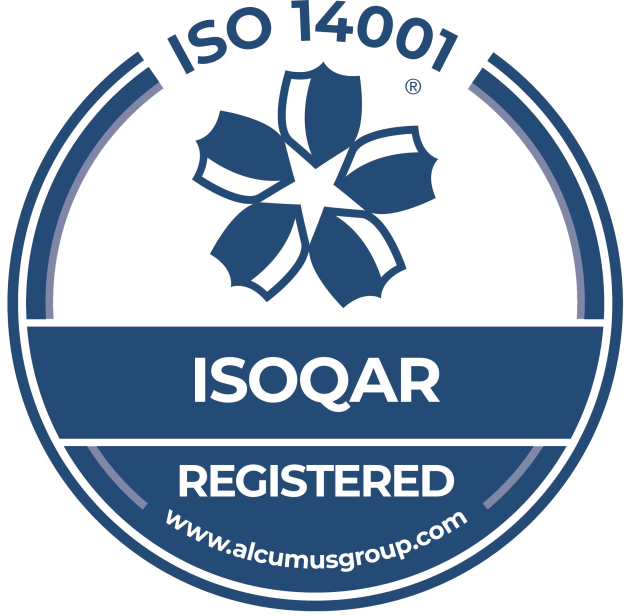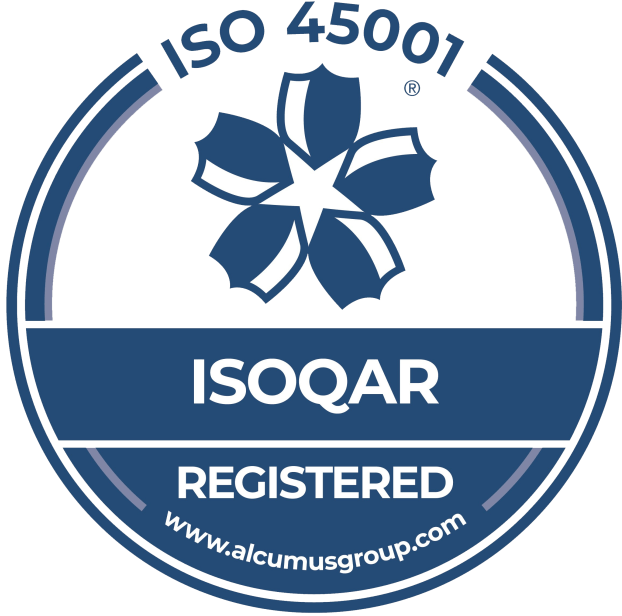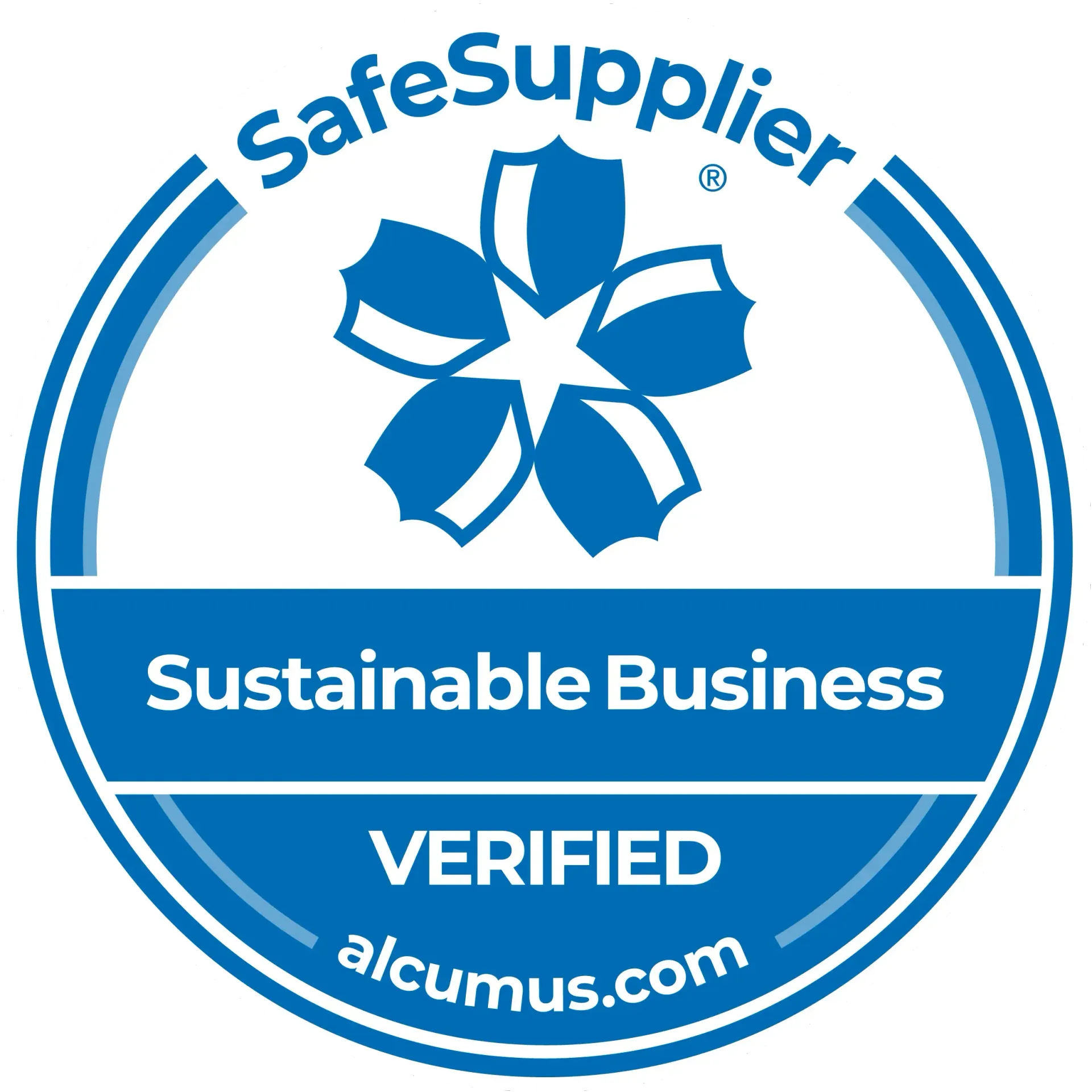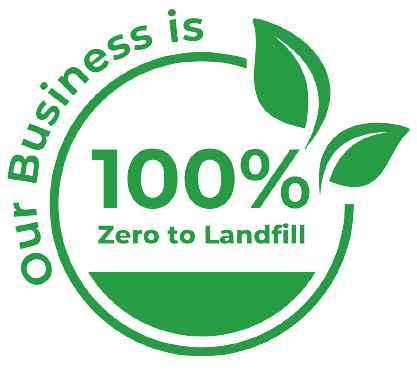Dry Mixed Recycling Collections Nationwide
GWR Waste Management offers services tailored to your specific needs. Our team of experienced waste management professionals ensure that we provide a dependable and comprehensive service.
After collection has taken place, your Dry Mixed Recycling (DMR) is transferred to a state-of-the-art recycling facility where it is separated using state of the art waste management technology. Once separated, the individual recyclable materials are directed to reprocessing plants, where they are transformed into new products. This is how recyclables start their new life.
These recycled materials are repurposed into various products, such as newspapers, aluminium cans, computer parts, furniture, car parts, and numerous others, contributing to their sustainable reuse across diverse sectors.
What Is Dry Mixed Recycling?
Dry Mixed Recycling (DMR) is predominantly utilised by businesses with high waste production such as restaurants and retail establishments. DMR encompasses non-biodegradable waste without any wet components like food or liquids.
At GWR Waste Management, we provide a comprehensive mixed dry recycling services, facilitating the convenient disposal of plastic, cans, paper, and cardboard. Subsequently, these materials undergo sorting for recycling at a recovery facility. Opting for Dry Mixed Recycling presents an environmentally advantageous alternative to general waste disposal, notably diminishing landfill contributions. Beyond environmental benefits, DMR collection also offers cost advantages compared to landfill disposal methods.
What Can Go In A DMR Bin?
It is highly likely that the general waste produced by your business includes paper, cardboard, and packaging materials. Dry Mixed Recycling (DMR) offers a streamlined and effective method for disposing of your clean recyclable waste without the need for manual sorting. Mixing wet and dry products can lead to contamination which causes complications in the recycling process. Below are examples of items suitable for placement in DMR recycling bins:
Yes Please
- Paper – newspaper, magazines, office paper
- Cardboard – cereal boxes, card
- Metal Cans – Clean, empty drinks can and food tins
- Plastic – packaging, empty drinks bottles, microwaveable meal trays, margarine tubs
No Thanks
- Black bags,
- Liquids,
- Food and Canteen Waste,
- Wood,
- Glass and Ceramics,
- Polystyrene,
- Crisp Packets,
- Waxed Paper products e.g. cups
What Happens To Dry Mixed Recycling?
Dry mixed recycling (DMR) typically undergoes a sorting and processing process after collection. Here's what typically happens:
Collection
DMR is collected from businesses and transported to a material recovery facility (MRF).
Sorting
At the MRF, the DMR is unloaded onto a conveyor belt where it passes through various sorting stations. These stations use a combination of manual labour and automated machinery to separate different types of recyclable materials such as paper, cardboard, glass, plastics, and metals.
Processing
Once sorted, the materials are processed further. For example, paper and cardboard may be baled, plastics may be shredded or compacted into blocks, and metals may be baled or crushed.
Sale to manufacturers
The processed materials are then sold to manufacturers or recycling facilities where they are used to produce new products. For instance, recycled paper and cardboard can be used to make new paper products, recycled plastics can be used to manufacture various plastic goods, and recycled metals can be melted down and used in the production of new metal products.
Reuse or manufacturing
The recycled materials are then either reused directly in the manufacturing process or used to create new products.
Dry Mixed Recycling Bins
1100 Litre DMR Bin
 Find Out More
Find Out MoreDesigned to accommodate larger waste streams, our largest wheelie bin offers businesses with substantial waste production the ability to efficiently manage and contain their waste items.
660 Litre DMR Bin
 Find Out More
Find Out MoreWhen the capacity of a regular wheelie bin falls short, our 660 litre wheelie bin provides the perfect solution for conveniently containing even larger volumes of waste.
360 Litre DMR Bin
 Find Out More
Find Out MoreOptimise your waste management efficiency with our 360 litre wheelie bin. Ideal for businesses seeking greater capacity for their waste streams.
240 Litre DMR Bin
 Find Out More
Find Out MorePerfect for businesses requiring a small to moderate capacity, it offers a compact yet effective solution for waste containment. Streamline your waste management efficiency with our 240 litre wheelie bin.
What Are The Advantages Of Mixed Dry Recycling?
STRAIGHT FORWARD
All recycling goes into one container so you don't have to worry about putting things in the wrong bin, we sort it out for you.
SUSTAINABLE
DMR is a zero to landfill service and diverting waste from landfills is crucial. Sustainable waste management protects the environment. Being sustainability-focused is also good for business, people want to work with companies who are environmentally aware, socially invested, and play a role in contributing towards the circular economy.
SAVE MONEY
It is a lot cheaper to dispose of DMR than general waste. Avoiding landfills also means you avoid landfill taxes.
